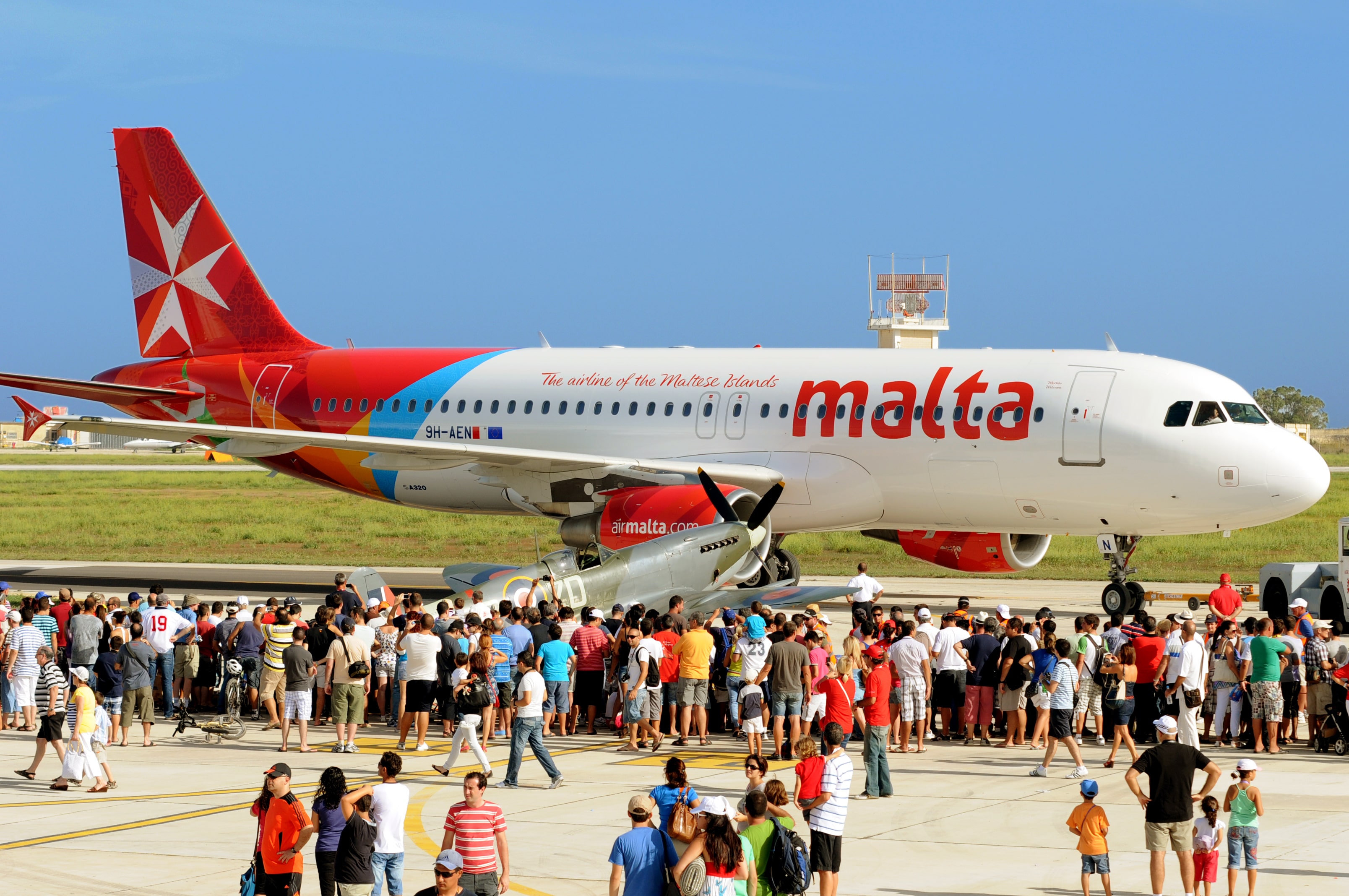The aviation sector in Malta has great potential to continue growing

Malta has a long and successful history in the maritime sector. The strategy of governments over the years was to replicate this success in the aviation sector through legal initiatives and good practice. The first step in this direction was making some changes in the law in order to streamline the industry.
Voice of the Workers spoke with lawyer Silvana Zammit, a partner at Chetcuti Cauchi Advocates, who is in charge of Aviation Law.
She said that Malta has made great strides towards becoming one of the best states within the aviation sector. An increase in aircraft registrations, as well as the substantial number of commercial agencies that have based their operations in Malta, is testimony to this. The impact of this advancement in this sector can be felt far and wide! From opportunities for engineers to legal entities that assist those who want to explore new opportunities in our country to businesses that offer financial services and services that are ancillary to the maintenance of aircraft and the hospitality and property sectors, to mention a few.
While the sector is not yet as big as the maritime sector, which is very important for Malta, the aviation sector is moving in the right direction and is increasing from one year to the next.
When asked why Brexit is expected to be good for the aviation sector in Malta, Dr. Zammit explained that the aviation sector benefits from the fact that Malta is part of the European Union. Our country also benefits from a number of conventions that are essential to ensure safe flight.
The fact that Malta is part of the European Union is of great advantage to flight operators. This is thanks to one of the main intrinsic pillars of the Union – that of free movement, including the free movement of services of passenger transport. This means that an operator who has been licenced in Malta to offer transport services to passengers can operate without any trouble in any other European country. This, and other advantages, place Malta at the forefront when the time comes for international companies to consider what comes next.
She said that in the present international circumstances this specifically applies to those companies that are currently based in the United Kingdom, which companies may face situations where they will need to obtain permits and new licences to fly to the EU once the United Kingdom exits the European Union. The Maltese Islands are being considered as a viable solution for established companies as well as for those who are still considering new possibilities in a sector that continues to evolve.
Dr. Zammit added that today the sector is attracting a sufficient number of qualified personnel. The sector is employing a wide range of diverse employees who are not only qualified and well versed on how the aviation sector works but are also being the catalysts for the ongoing growth of the sector not only in Malta but also in other countries.
She said that the aviation industry requires a specialised workforce that is always learning new things. If the sector keeps growing, it may need more qualified people to specialise in this industry. One of the essential elements to ensure that there are always highly qualified people to work in this sector is ongoing learning which may require an increase in schools or specialised programmes to provide training in this sector.
Dr. Zammit said that the local aviation sector has continued to grow in the last few years. Proof of this is the increase in registrations and companies that have chosen Malta as their base of operations. Good quality employees, a stable economy and our geographical location make our country a high level base within this industry.
She explained that the Malta International Airport has recently received the first Airbus A380. When compared to other industries, the aviation sector in Malta is still in its early stages and has great potential to grow. The foundation is there!
